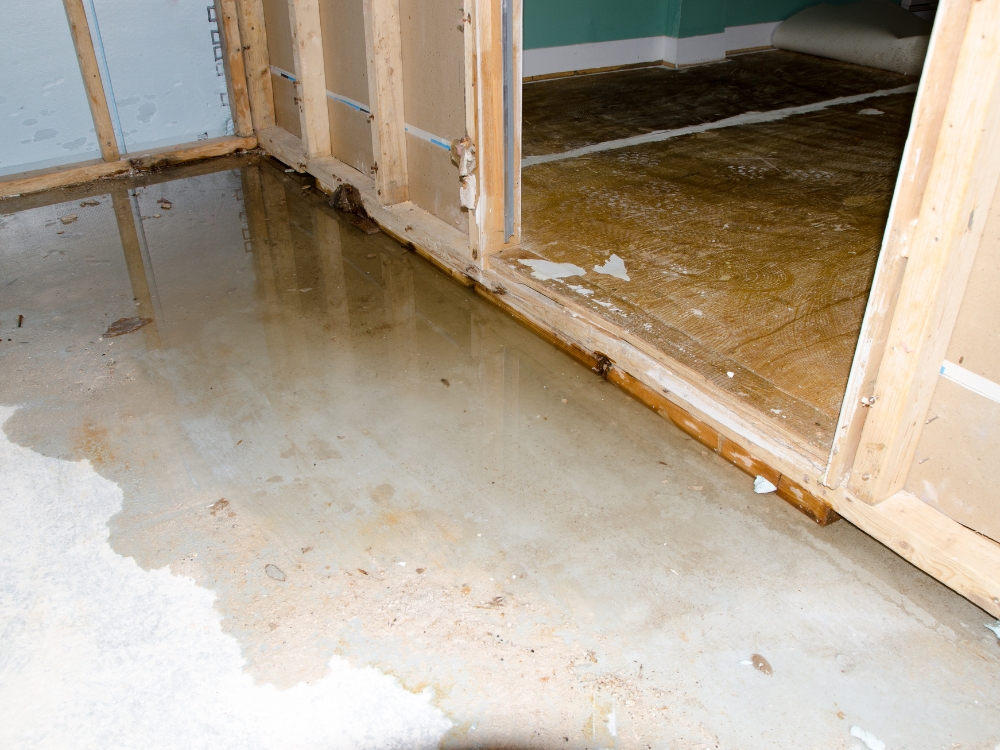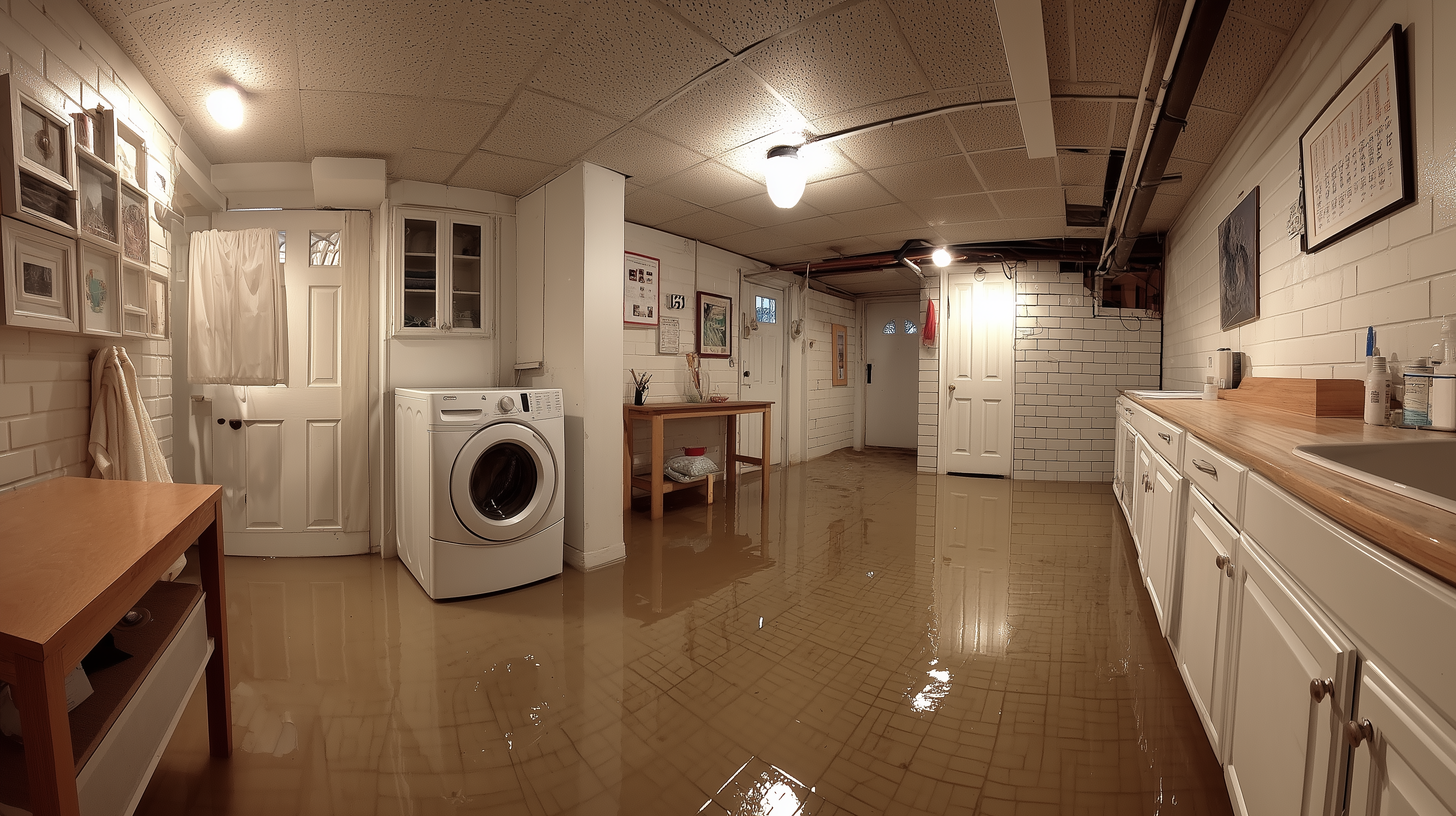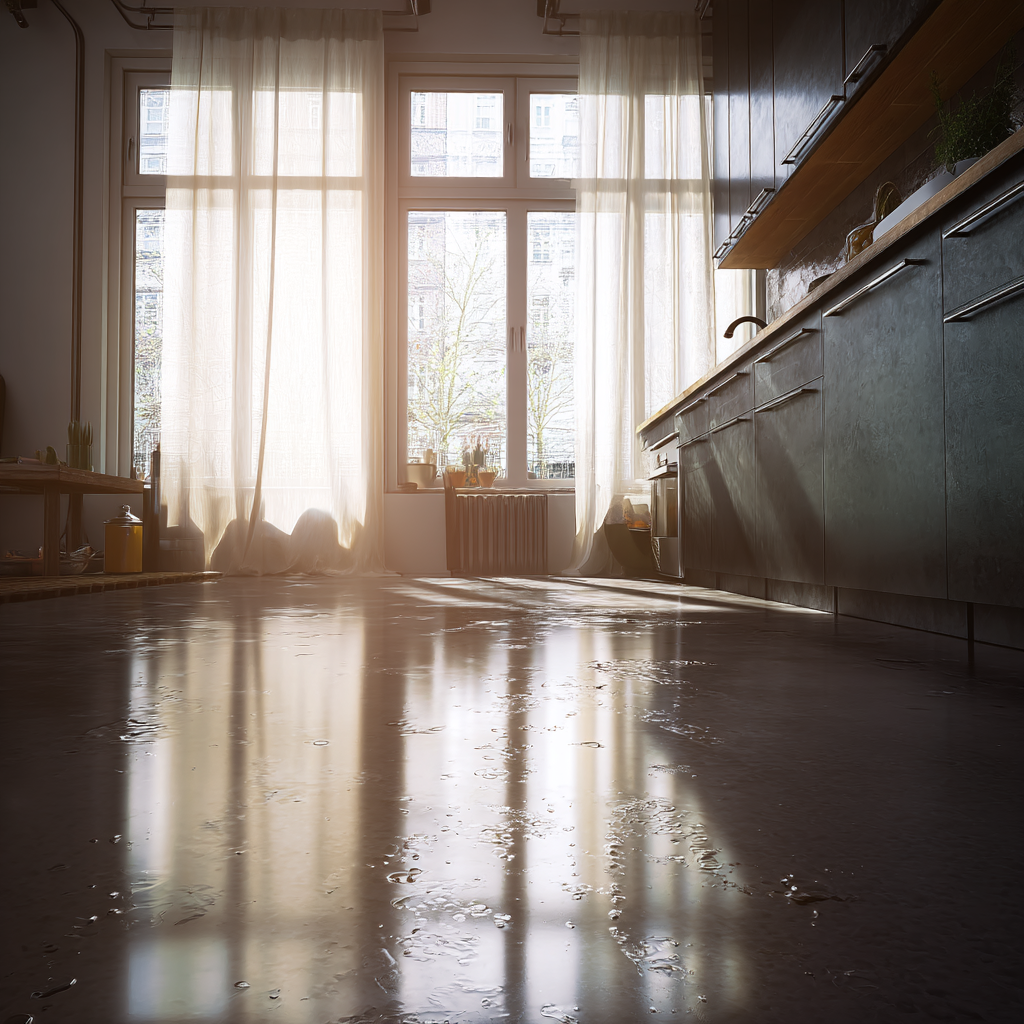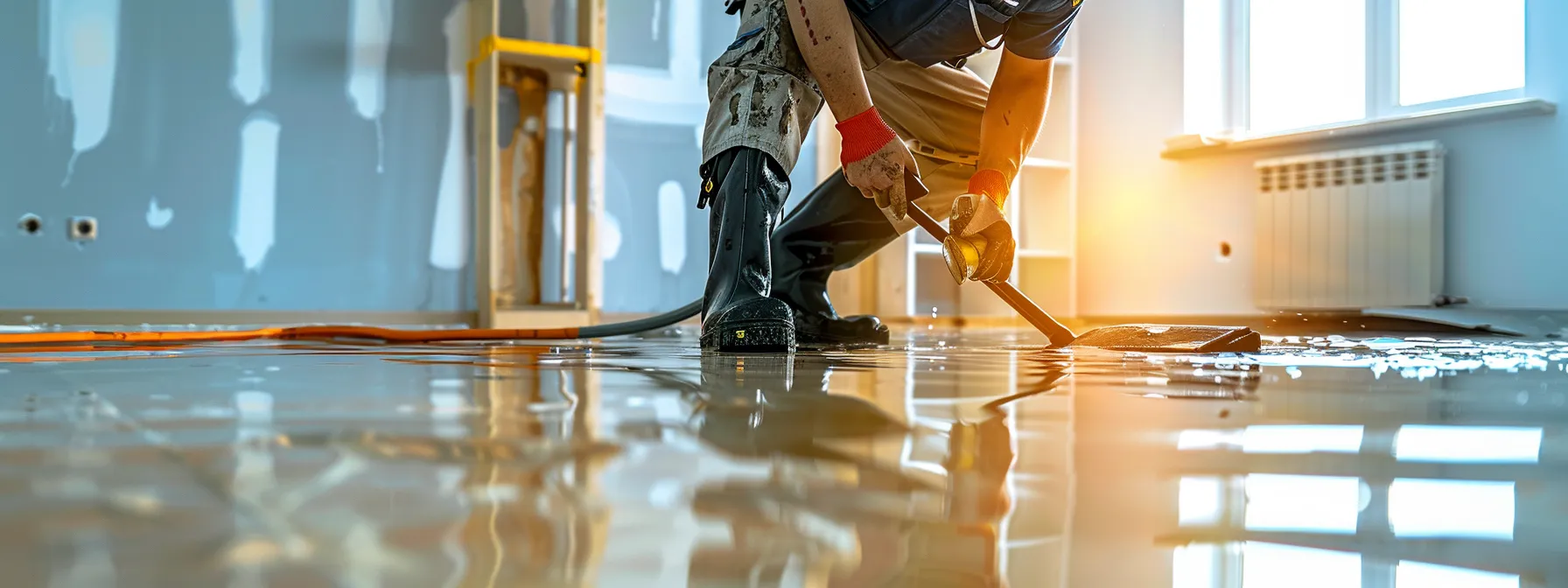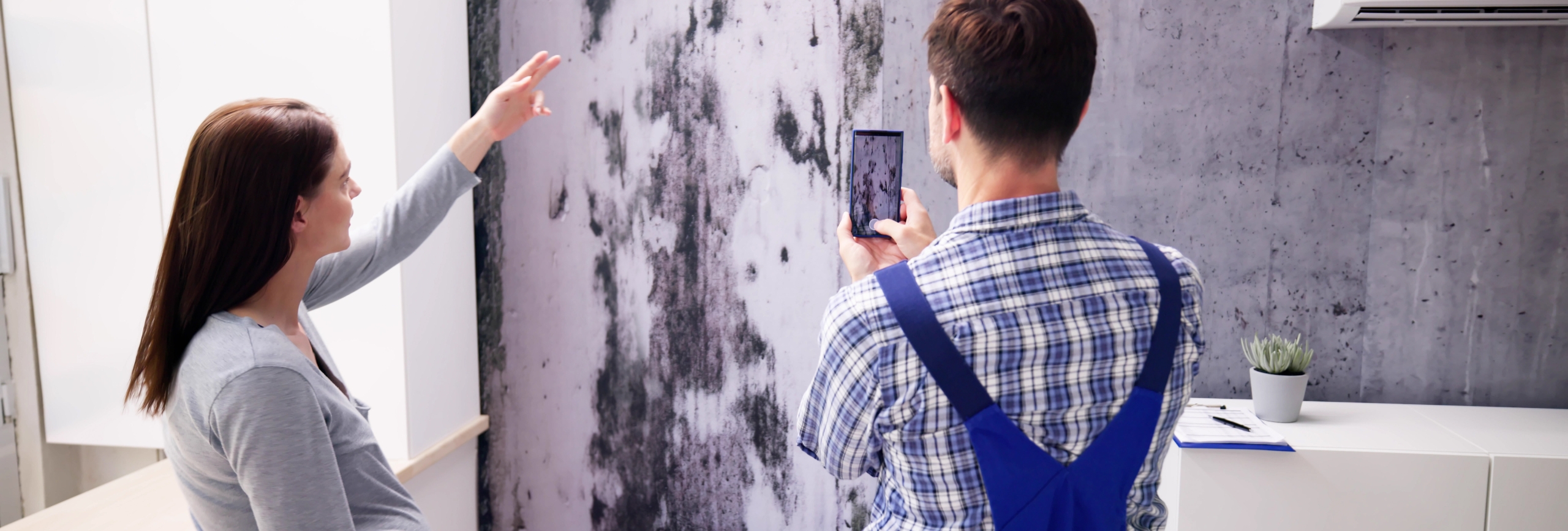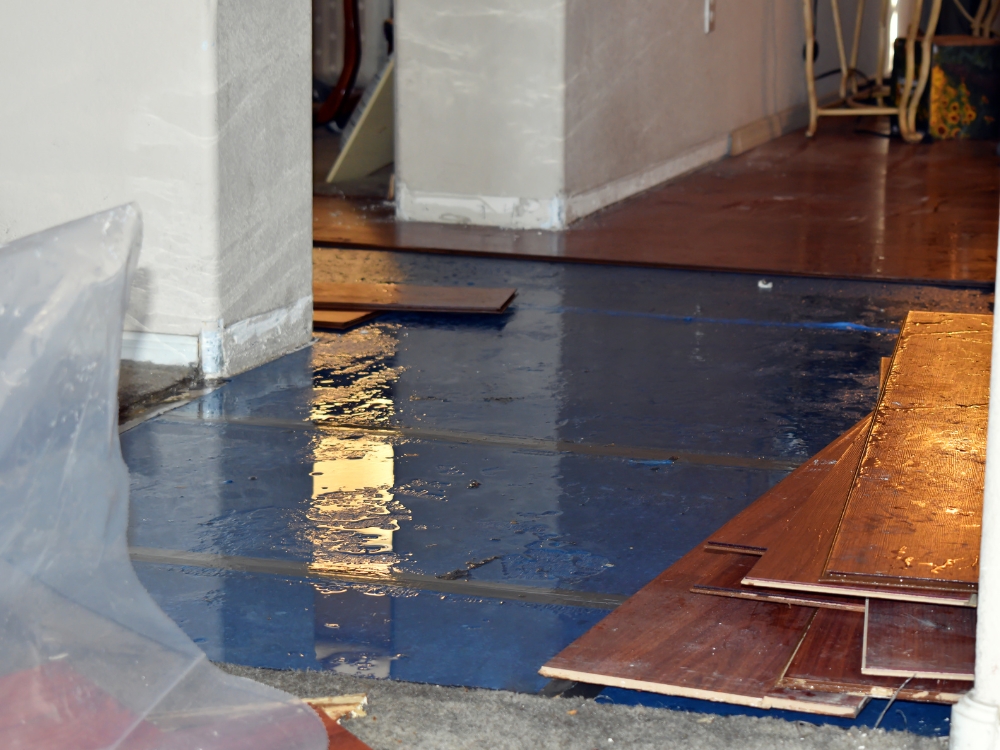Water damage is one of the most common and costly issues homeowners face. Whether caused by a sudden burst pipe, heavy rain, or an appliance malfunction, the financial burden can be overwhelming. But does insurance cover water damage? The answer depends on several factors, including the cause of the damage and the type of insurance policy you have.
At Service Pro Water Damage Restoration, we help Seattle homeowners and renters navigate water damage situations quickly and efficiently. In this guide, we’ll break down different insurance policies, coverage details, and what you should do if water damage affects your property.
Does Homeowners Insurance Cover Water Damage?
Homeowners insurance generally provides coverage for water damage, but only under certain conditions. Most policies cover sudden and accidental damage but exclude situations resulting from negligence or gradual wear.
What’s Typically Covered?
- Burst Pipes: If a pipe freezes and bursts unexpectedly, your policy will likely cover the resulting water damage.
- Overflowing Appliances: Damage caused by an overflowing washing machine, dishwasher, or bathtub is usually covered.
- Rain and Storm Damage: If a storm leads to sudden water intrusion (excluding flooding), insurance may provide coverage.
- Plumbing Failures: Unexpected leaks or breaks in your home’s plumbing system could be included.
What’s Not Covered?
- Flood Damage: Homeowners insurance does not cover flood damage. A separate flood insurance policy is required.
- Neglected Maintenance Issues: Long-term leaks or issues that arise from poor upkeep may not be covered.
- Sewer Backup: Unless additional coverage is purchased, damage from a backed-up sewer line is excluded.
- Roof Leaks Due to Wear and Tear: If a roof leak develops over time due to aging materials, insurance may not pay for repairs.
Does Renters Insurance Cover Water Damage?
Renters insurance is designed to protect tenants from loss or damage to personal belongings, but it does not cover the structure of the building itself. The landlord’s insurance should cover structural damage, while renters insurance may provide protection for personal items.
Covered Under Renters Insurance:
- Damage to Personal Property: If a burst pipe or leaking appliance damages your belongings, insurance may help cover replacement costs.
- Water Damage from Fire Suppression Systems: If sprinklers go off and damage your furniture or electronics, renters insurance typically covers it.
- Additional Living Expenses: If water damage makes your rental uninhabitable, your policy may cover temporary housing costs.
What’s Not Covered?
- Building Structure Repairs: The property owner is responsible for fixing any structural damage.
- Flood Damage: Renters insurance does not cover flooding from natural disasters.
- Tenant Negligence: If water damage occurs because a tenant left a faucet running, the claim may be denied.
Does Condo Insurance Cover Water Damage?
Condo insurance, also known as HO-6 insurance, is designed for condo owners and typically covers damage within their unit. However, shared spaces and building structures fall under the condo association’s master insurance policy.
What’s Covered?
- Interior Damage: Condo insurance usually covers personal property and interior features, like cabinets and flooring.
- Sudden Leaks: If water damage occurs due to a broken pipe in your unit, you may be covered.
- Neighbor-Related Damage: If a neighboring unit causes water damage to your property, you may file a claim.
What’s Not Covered?
- Common Area Damage: Any damage to hallways, lobbies, or shared spaces falls under the condo association’s responsibility.
- Flooding: Standard condo insurance does not cover floods—separate flood insurance is necessary.
- Long-Term Leaks: If a slow leak causes damage over time, it may not be covered.
Does Home Insurance Cover Roof Leaks?
If your roof suddenly starts leaking due to an unexpected event, such as a windstorm or a falling tree, your homeowners insurance will likely cover the repairs. However, gradual damage from wear and tear is generally not covered.
How to Protect Your Coverage:
- Perform Routine Inspections: Regularly inspect your roof for wear and damage.
- Repair Minor Issues Early: Addressing small leaks before they become major problems can prevent claim denials.
- Understand Your Policy’s Limitations: Some policies may require additional riders for roof-related damage.
Does RV Insurance Cover Water Damage?
RV owners should be aware that water damage coverage varies by policy. Comprehensive RV insurance usually covers sudden and accidental water damage but may not include long-term leaks or neglect.
What’s Covered?
- Storm-Related Water Damage: If your RV is damaged by rain or wind-driven water, your policy may cover repairs.
- Plumbing or Appliance Failures: If a pipe bursts inside your RV, the resulting water damage might be included.
- Emergency Lodging Costs: If your RV becomes uninhabitable due to covered damage, you may receive reimbursement for hotel stays.
What’s Not Covered?
- Leaks from Poor Maintenance: Damage from aging seals or untreated leaks is often excluded.
- Mold and Mildew Damage: If water damage leads to mold growth, coverage is not always guaranteed.
- Manufacturer Defects: Issues related to faulty design or installation may not be covered unless under warranty.
Steps to Take When Filing a Water Damage Insurance Claim
If you experience water damage, taking immediate action can help ensure your claim is processed smoothly.
- Take Photos and Videos: Document all visible damage before making any repairs.
- Prevent Further Damage: Shut off water sources and make temporary repairs to limit additional loss.
- Contact Your Insurance Company: Report the damage as soon as possible.
- Work with an Adjuster: An insurance adjuster will assess the damage and determine coverage.
- Keep Receipts and Records: Save documentation for repair costs, temporary lodging, and other expenses related to the damage.
- Stay in Communication: Follow up with your insurance provider to ensure your claim progresses efficiently.
Be Prepared for Water Damage
Water damage can be stressful, but knowing what your insurance policy covers can make a huge difference. Whether you own a home, rent an apartment, or live in an RV, understanding your policy details will help you navigate unexpected water-related incidents.
Regular maintenance and preventive measures—such as checking plumbing, inspecting roofs, and monitoring appliances—can also reduce the risk of water damage. If disaster strikes, Service Pro Water Damage Restoration is here to help Seattle residents with professional restoration services.
Need immediate assistance? Contact us today for expert water damage cleanup and restoration!

